US mulling gas tax holiday amid soaring prices
The US administration is considering a pause on federal gas tax in an effort to ameliorate the burden of soaring gas prices across the country.
US Energy Secretary Jennifer Granholm said on Sunday that the administration was evaluating a federal gas tax holiday, as it is under political pressure to do something to provide relief to Americans dealing with high inflation and rising gas prices.
Suspending the federal gas tax from March to December of this year would reduce average gasoline spending by between $16 and $47 for that period, according to an estimate from the Penn Wharton Budget Model that was released earlier this year.
The national average price for regular gasoline spiked to a never-before-seen $5 per gallon earlier this month.
A handful of states have already moved to suspend their gas tax.
US President Joe Biden has taken a range of targeted actions to deal with the soaring gas prices, which has created serious headwinds for his Democratic party ahead of the midterms.
The president has even planned a controversial trip to Saudi Arabia in the coming weeks, which according to experts will be focused in part on urging the kingdom to ramp up production of oil so there is more supply on the global market.
Experts, however, said the trip would not likely help reduce global gas prices, warning that the political cost of Biden's trip to the kingdom may be far greater for the president.
During his presidential campaign, Biden called for Riyadh to be made a "pariah," over the assassination of Jamal Khashoggi, a columnist for the Washington Post and a critic of bin Salman at the Saudi consulate in Istanbul, Turkey, in 2018.
The kingdom is also under fire over its human rights record including the devastation of the war in Yemen and the arbitrary detention of political dissidents.
Biden has already admitted that his administration is unlikely to be able to sufficiently reduce the cost of gasoline in the country in the short term.
The Democratic president placed an embargo on Russian oil earlier this year, shortly after Russian President Vladimir Putin declared a military campaign against Ukraine on February 24.
In addition to the oil embargo, Washington and its Western allies imposed unprecedented waves of sanctions on Moscow.
The move has so far sent the prices of grain, cooking oil, fertilizers and energy skyrocketing.
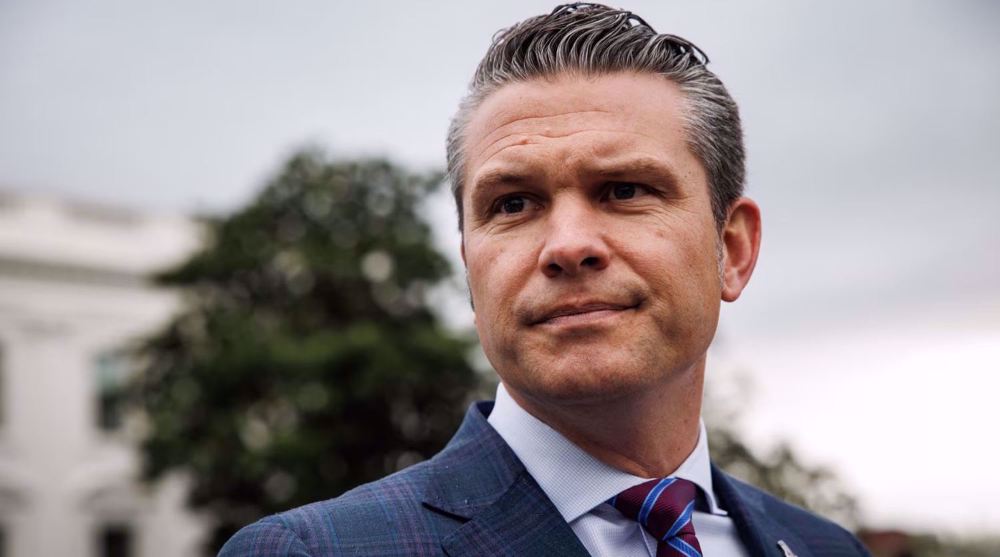
After second Signalgate scandal, Democrats call for Hegseth’s resignation

Moroccan port workers protest Maersk ship carrying F-35 parts to Israel
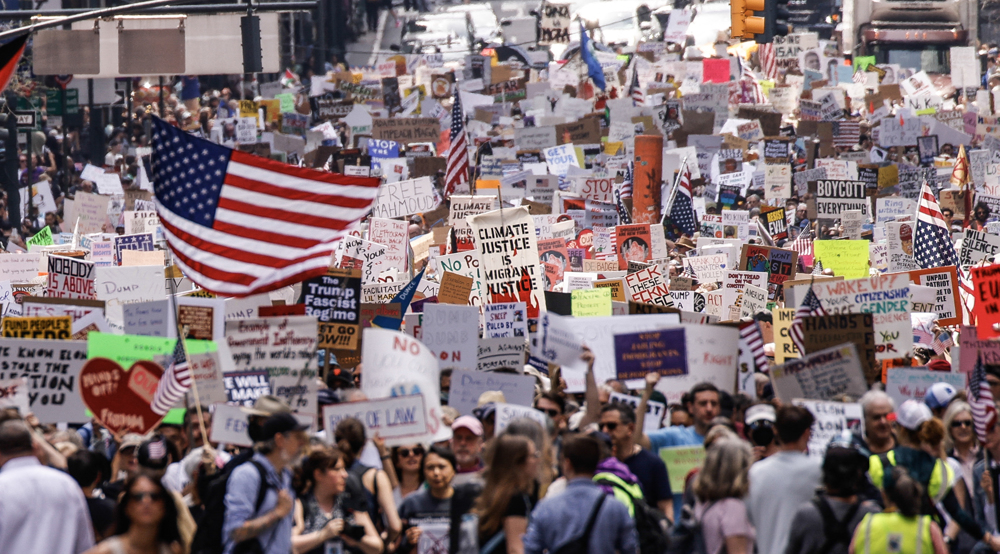
Thousands condemn Trump’s policies in rallies across US
VIDEO | Iran-China-Russia partnership
VIDEO | Press TV's news headlines
Netanyahu’s anger source of joy for us: Ansarullah
Iran, China working resolutely to safeguard mutual interests: Tehran says as FM departs for Beijing
Yemen asserts enhanced military readiness; takes US aircraft carriers under firepower
VIDEO | Iran seeks foreign investment to boost oil, gas sectors
Iran condemns terror attack in India's Kashmir region
After second Signalgate scandal, Democrats call for Hegseth’s resignation


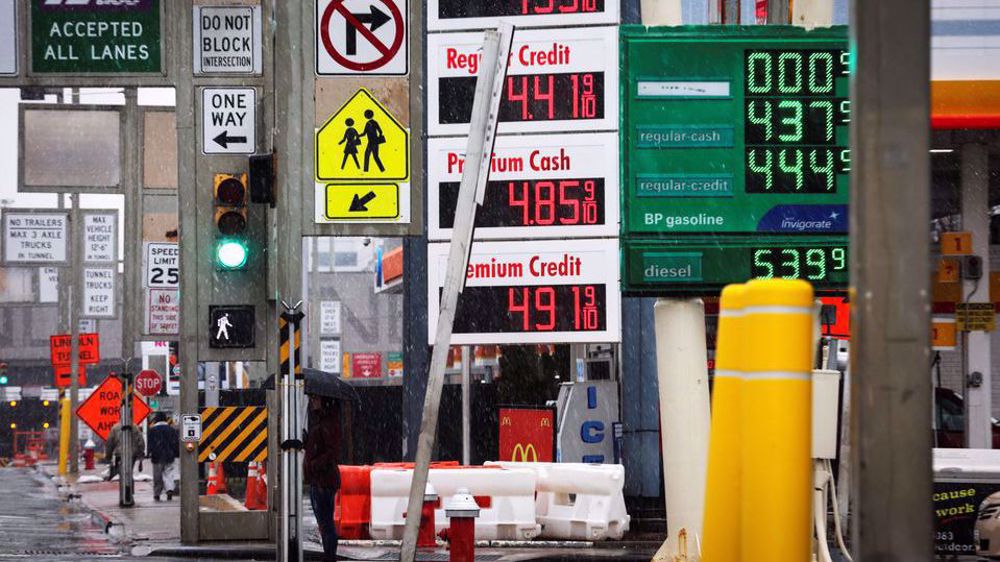




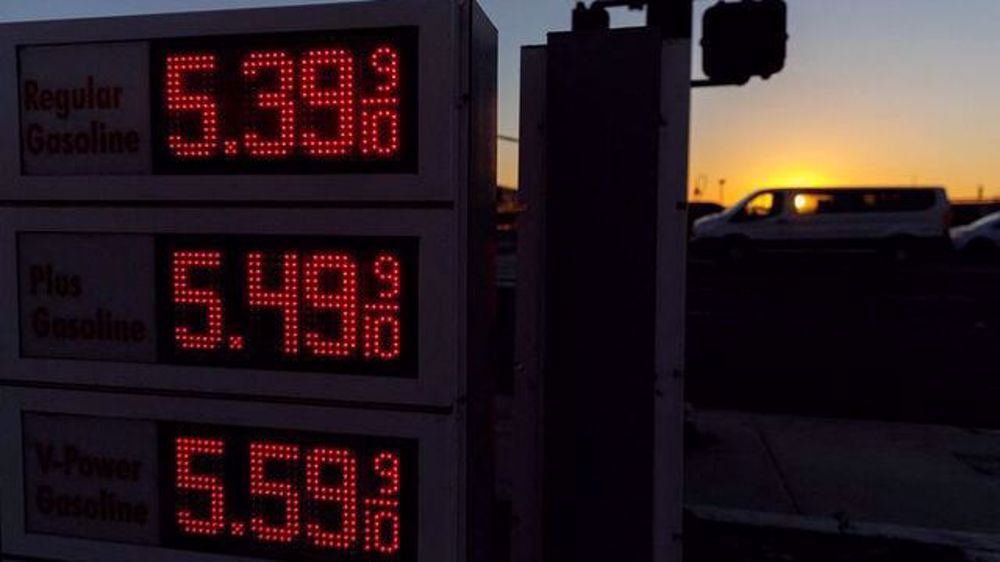
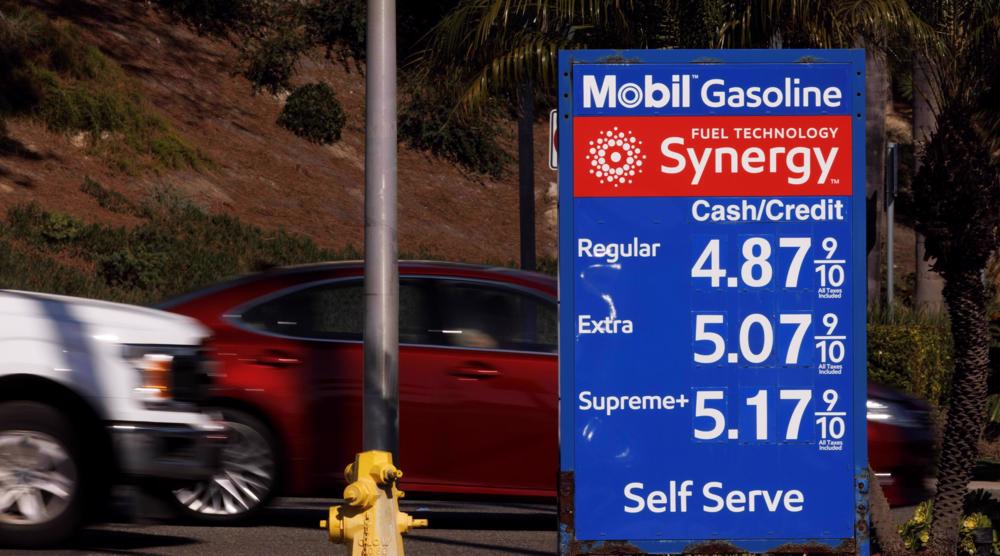

 This makes it easy to access the Press TV website
This makes it easy to access the Press TV website